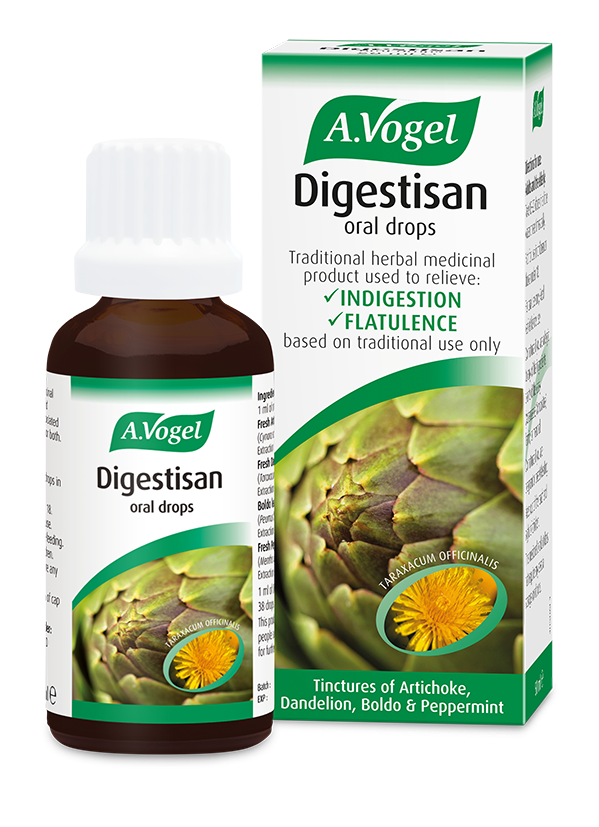An introduction to constipation relief
Constipation is a common and embarrassing problem. Symptoms usually come and go, but for some, the problem can be chronic and long-standing.
For many, symptoms of constipation can be solved by simply adopting a few simple lifestyle and dietary improvements. However, laxatives are sometimes needed in order to give the bowels a helping hand – this is fine as long as you don’t rely on this class of medicines on a regular basis in order to keep your bowels moving.
Why are you constipated?
The first thing you should do is to try to work out if there is an obvious cause for your constipation.
- Constipation can sometimes coincide with certain points in your menstrual cycle just as with PMS or around the time of the menopause. If this is the case, you may just require an increase in dietary fibre or the occasional remedy to relieve constipation
- If you are using medicines prescribed by your doctor, make sure that they are not responsible for your problem. For example, painkillers containing codeine and some iron supplements are well-known for causing constipation
- A change in lifestyle or circumstances can be the cause of your constipation. The stress of moving house and the need to use an unfamiliar toilet can be significant factors. These will fade away once you get used to your new environment.
General lifestyle advice
There are a number of general lifestyle tips you can adopt to help relieve constipation:
- Chew your food well, giving each mouthful at least 20 chews. This improves the way your body handles food, starting off the digestive process in the way it was intended.
- Make sure you are relaxed during meals, rather than eating on the run with one hand on your keyboard or smartphone.
- Increasing the amount of fibre in your diet (fruit, vegetables, nuts, seeds and other grains) helps to bulk out your stools making them easier to move through your gut. For many people, prune juice and plums work well.
- A sedentary lifestyle encourages constipation. Exercise not only improves digestive function, but benefits our mood as well as other aspects of general health.
- Drink, drink, drink. By this, we mean water - not tea, coffee, beer or wine. Drink at least 2 litres of still, plain water each day. Drink throughout the day, but try to avoid drinking more than a very small amount 20 minutes either side of meals as this dilutes the digestive enzymes.
- Stress can’t be so easily avoided in today’s society, but if you are aware of it in your life, you can learn how to manage it better.
- Toilet training. We are all creatures of habit and people with good bowel movements find that they go to the toilet at specific times of the day. There is a reflex in our body known as the ‘gastro-colic reflex’. This causes your bowels to have a greater tendency to move just after a meal. Breakfast is a good time, so start training your bowel and get into the habit of sitting on the toilet (whether you feel like it or not) each morning 15 minutes after breakfast. Don’t rush it. Relax. Reading a book will help – and it will also pay to forget about the commute you face going into work.
Other things you can try to help relieve constipation
If the general lifestyle tips above don’t improve things, try the following:
- Cut out wheat for a few days to see if this makes a difference. Eat non-wheat based cereals such as porridge, rice pops, millet flakes or cornflakes for breakfast, then soup with oatcakes for lunch, or a baked potato with tuna or egg mayonnaise. If you can’t do without pasta, have spelt pasta instead of the usual type, as this is more digestible
- Keep coffee out of the diet completely, even decaf, and don't have more than 2 cups of regular tea (decaf or otherwise) per day, as these often slow things down. Try herb teas such as Golden Rod or Fennel, which reduce fluid retention
- Eat cooked and warm foods in preference to cold and raw foods, as these are easier to digest. Ignore the advice you often see to eat things as raw as possible – this isn’t good for a sluggish gut. Stew your fruit rather than eating it raw, and add warming spices such as cloves, cinnamon and ginger to make it even more delicious. Have vegetable soup rather than a cold salad.
How can herbal remedies help?
Herbs have been used to help with constipation for many years. There are 2 main types of herbal laxatives:
- Bulking agents – these add fibre and bulk to the bowel much in the same way that a high fibre diet does. A good example is linseed which swells when in the presence of water especially when chewed well
- Stimulating agents – these give the muscles of the large bowel a poke, encouraging them to contract. The most popular herbal bowel stimulants are senna and frangula







